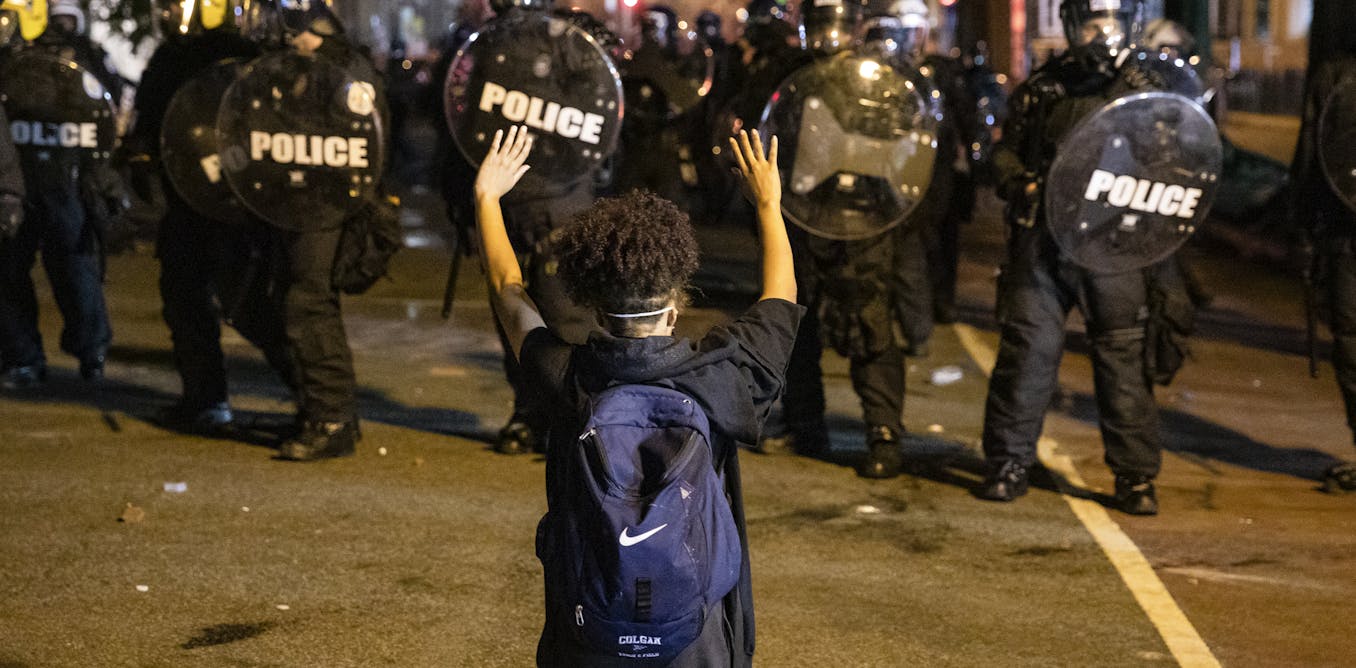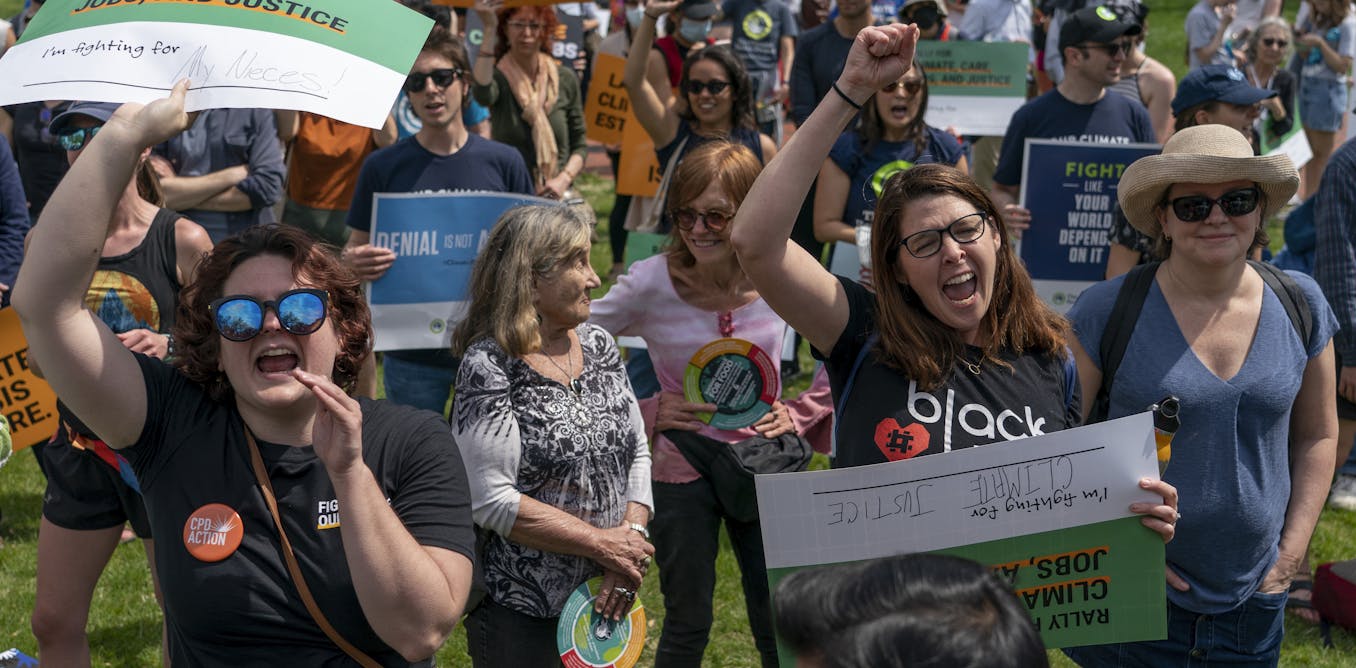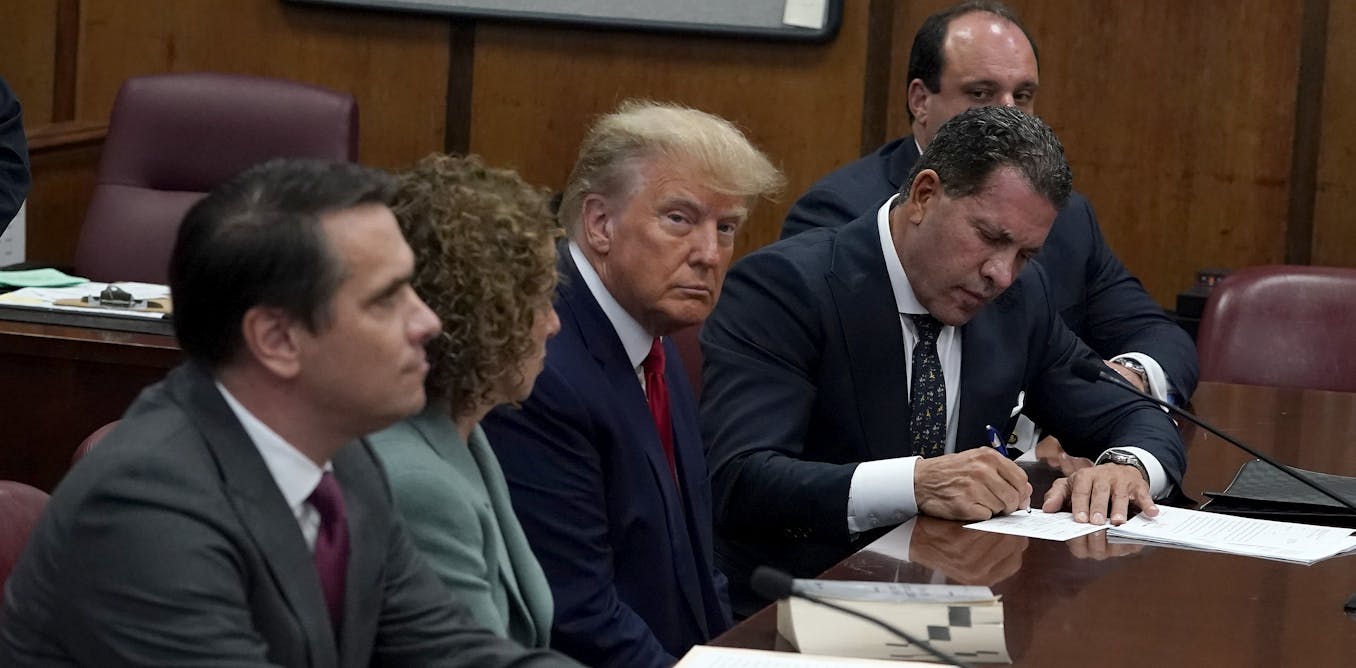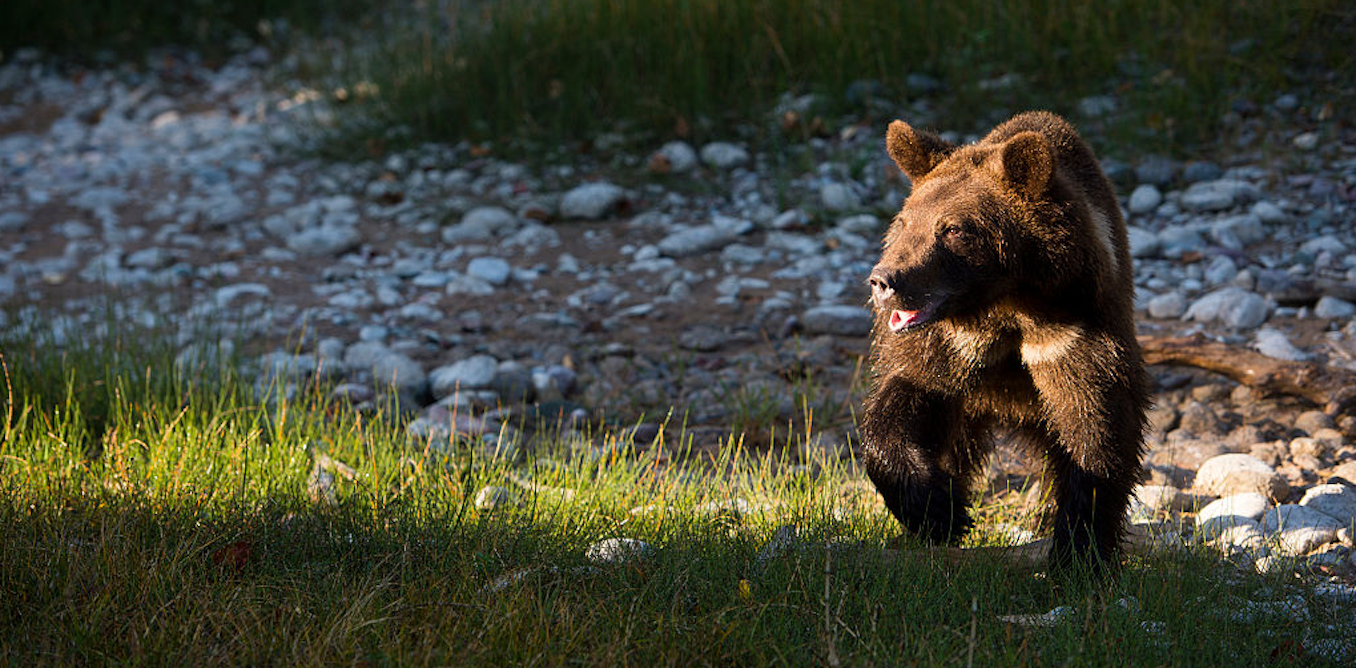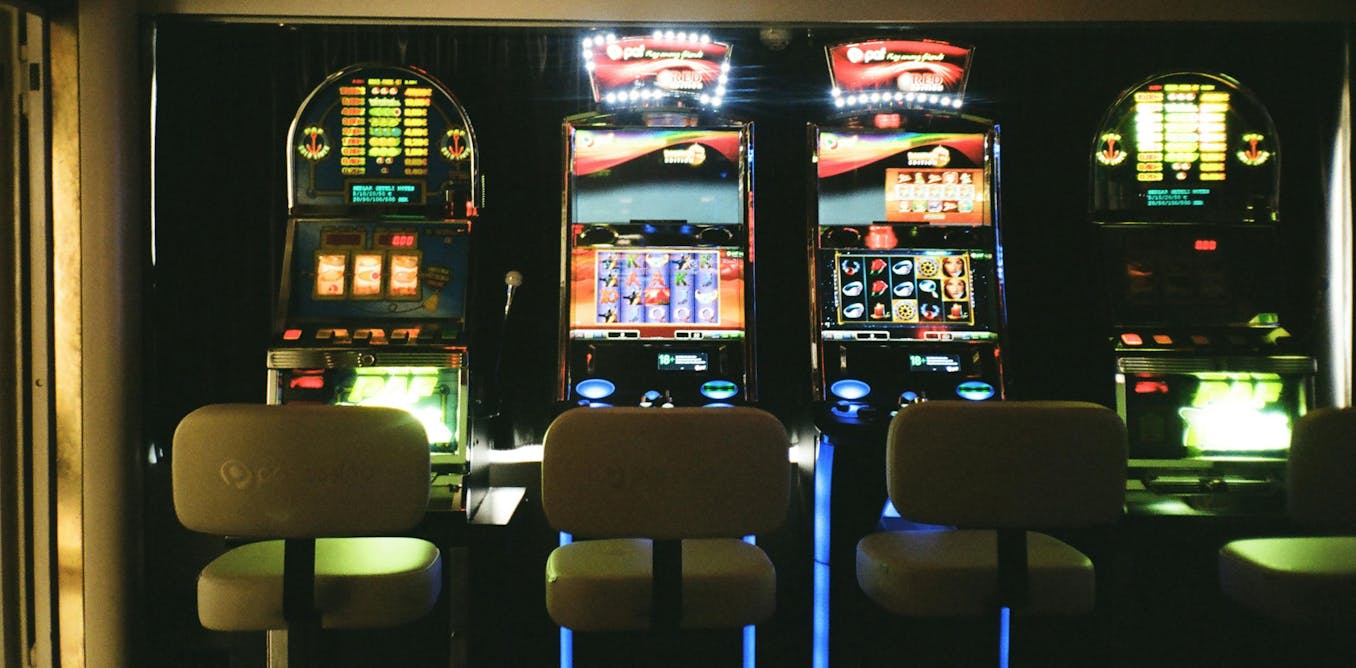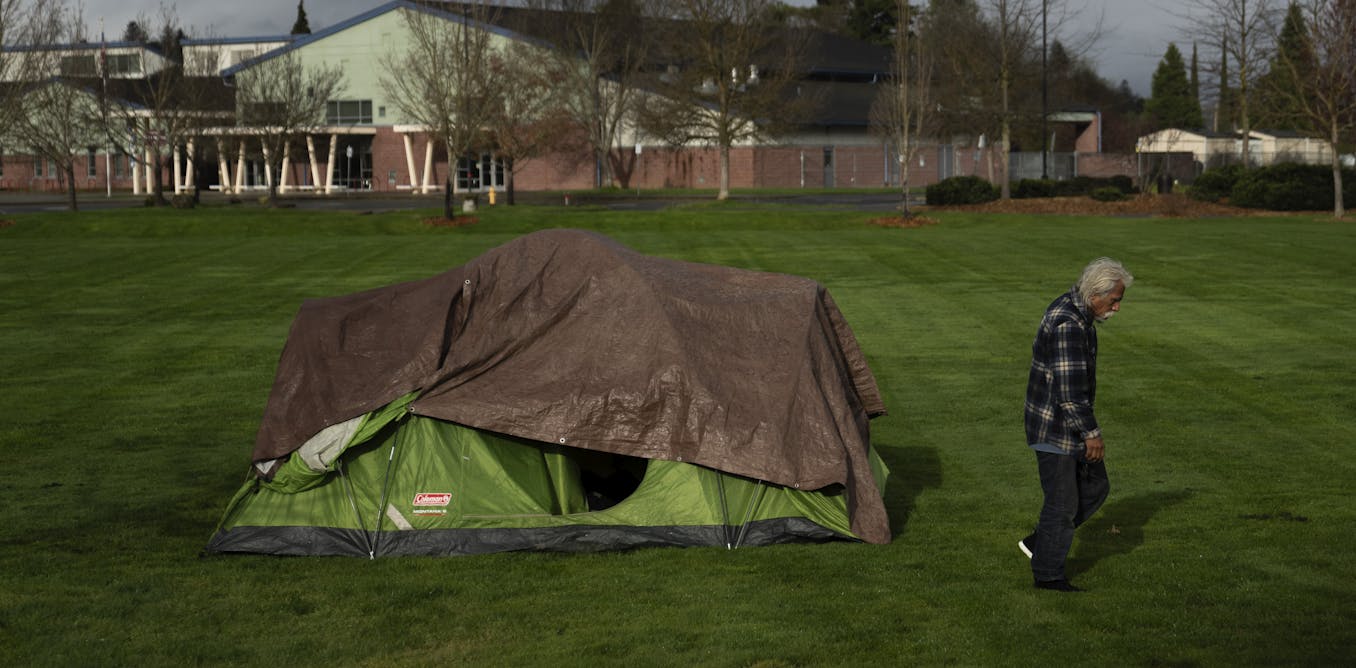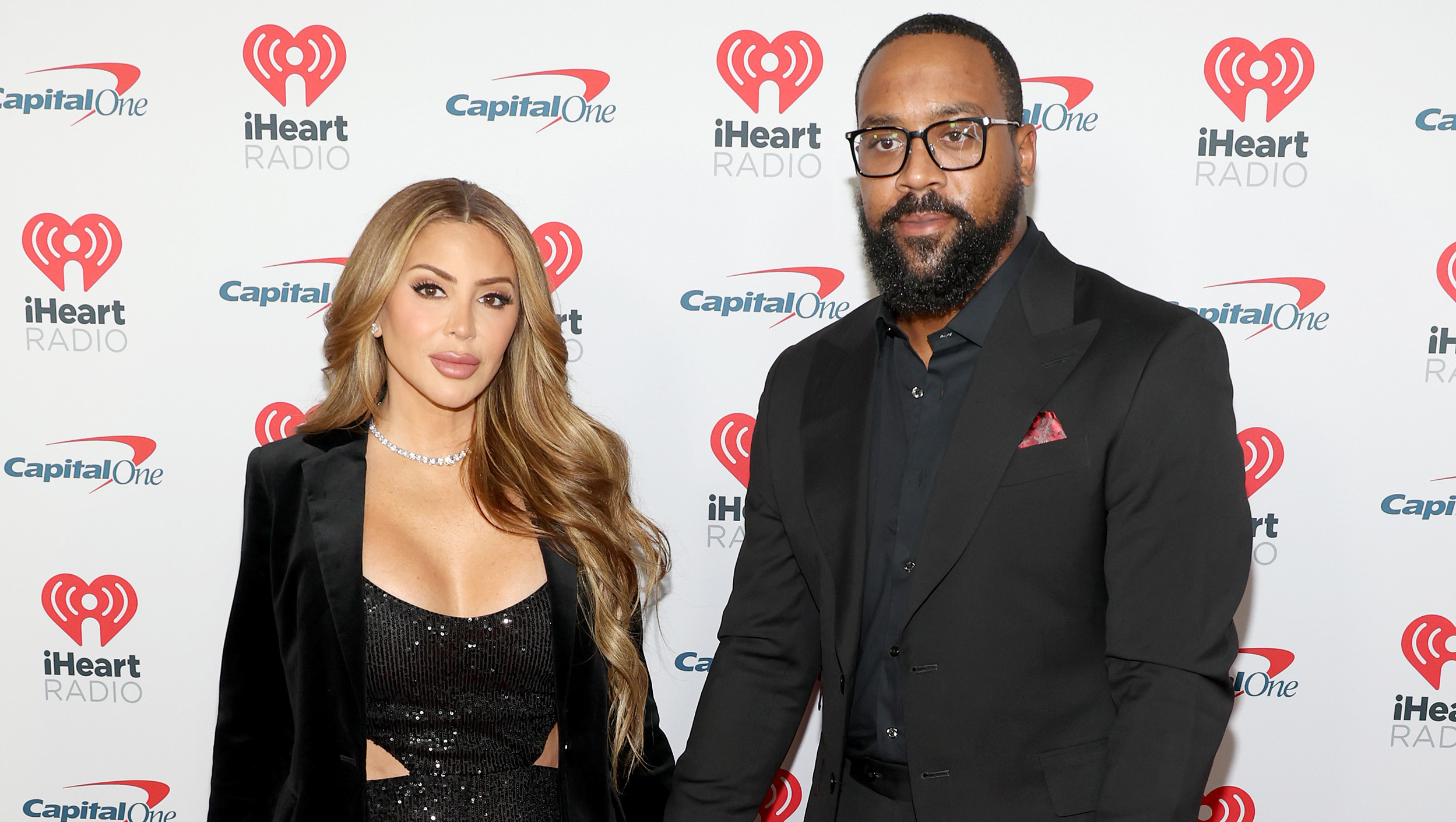
#MeToo, Five Years Later: Within Hollywood’s Crafts Community, “Things Didn’t Get Better”
Logo text
The shocking accounts of sexism and harassment revealed in the early stages of the #MeToo movement exposed a toxic culture of abuse that had long gone unchecked in Hollywood. But the high-profile actresses and executives who lent their stories and celebrity to the cause were far from the only ones affected. Women in the crafts community — in roles from camera to sound to editing — said they, too, were subjected to such treatment, but without the platform of stardom to help them fight back.
Most women behind the camera who were canvassed by The Hollywood Reporter — all of them speaking on the condition of anonymity — said that either they or a female colleague had been physically or verbally harassed in the workplace in the past five years, their abusers ranging from actors to members of the crew. Most agreed that the “old guard,” in particular, hasn’t learned from #MeToo.
Related Stories
Feelings are decidedly mixed about whether they feel safe even reporting an incident. Numerous sources say they believe that, particularly with a bankable actor or filmmaker, the production will look the other way. “Realistically, you may have to be willing to jettison your career to break through these behaviors that have been in place for a very long time,” says one source in editorial.
For freelancers who are employed directly by a given production, the subject of reporting is particularly thorny, since productions could simply choose not to hire them again. One source in production says that she reported an incident to a supervisor and the person was fired. But others say they are aware of reports that went unaddressed.
Some say they would feel safe reporting an incident to their union, but others sources say they believe this approach is “useless.” Women interviewed for this story were also mixed on whether they would report an incident to HR while on a production. “There is a good chance that person would know it was me and it would affect my career, so unless it was something major I probably would not,” admitted one source in production.
Nevertheless, these sources acknowledge that there are now more women working in the business, even if department heads remain predominantly male. “I think it’s gotten better, overall. The cultural change made a huge difference,” says one source who works in the sound department.
Another, a department head in physical production, says, “The young generation of men and women, I think, are much more aware. One would hope the next generation will be more enlightened. I don’t think [abuse is] as outward anymore. But it’s there.”
Conditions may have improved on film sets, but not necessarily — or not only — because of lessons learned. “Things have not changed due to #MeToo,” says one woman in a local union. “Things changed due to mass retirement of the old guard due to COVID.”
The pandemic was also cited as a factor because with remote-work mandates and social distancing protocols on set, the opportunities for indiscretions are fewer, at least for the time being.
“I think the environment for sexual harassment is limited because of the remote, work-from-home situation,” says another woman in the editorial department. “It might be an illusion. It’s hard to say what the situation will be when we go back to work in physical editing rooms.”
A version of this story first appeared in the Sept. 28 issue of The Hollywood Reporter magazine. Click here to subscribe.
